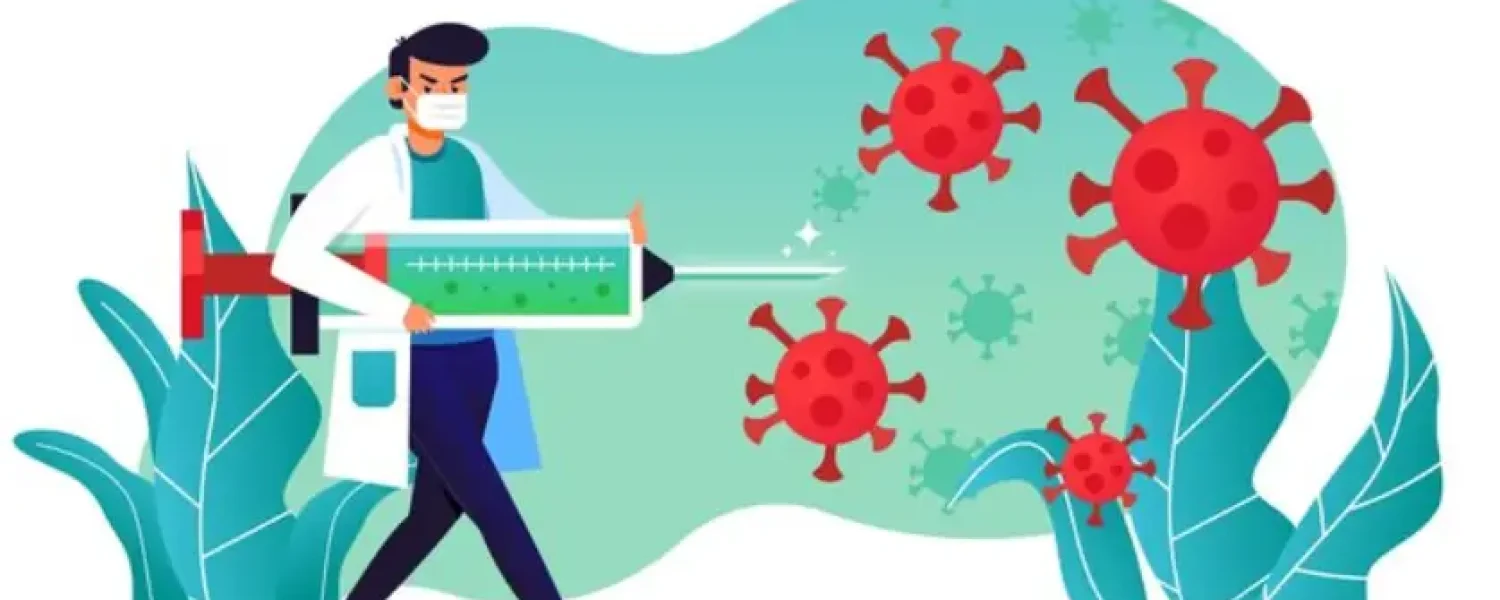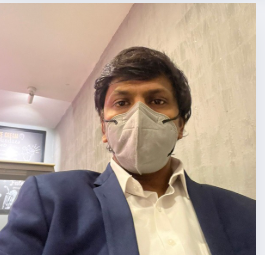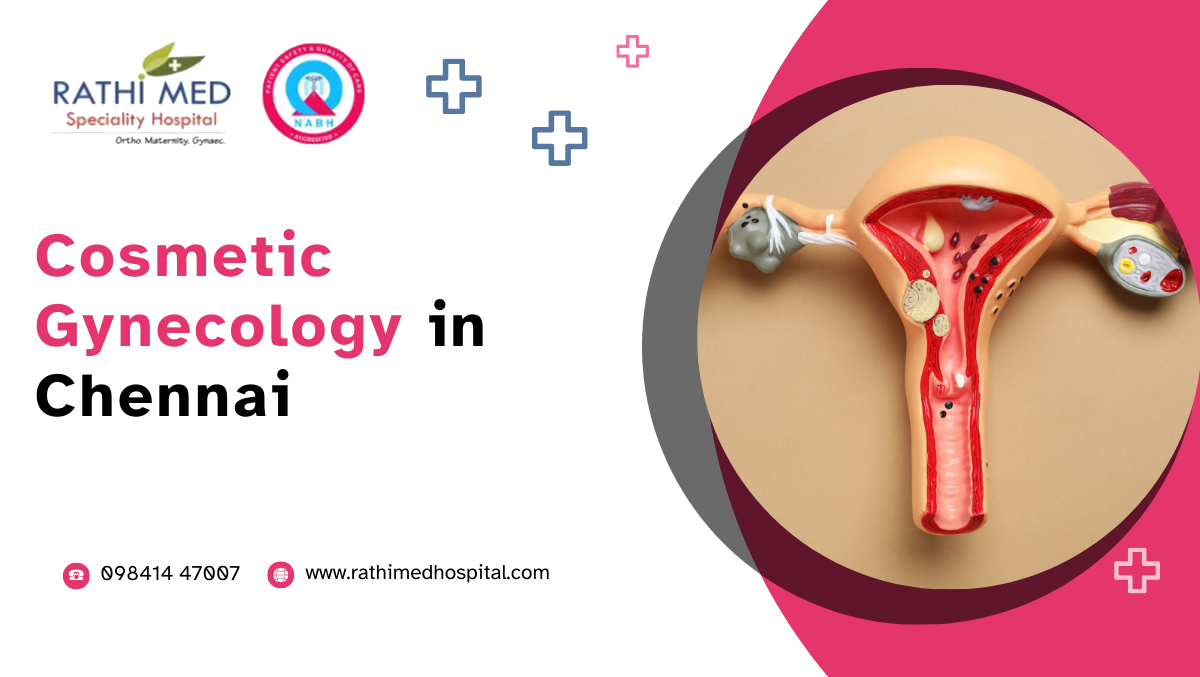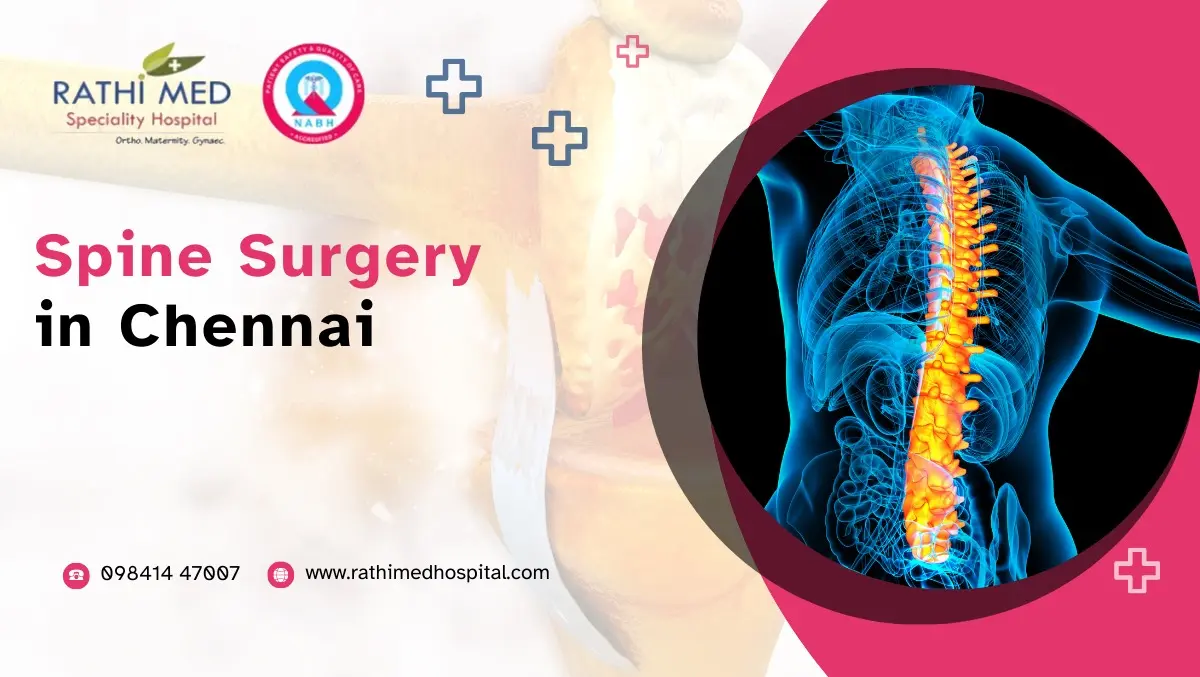Infectious diseases treatment in Chennai plays a crucial role in managing illnesses caused by bacteria, viruses, fungi, and parasites. The city’s healthcare system, including leading institutions like Rathimed Hospital, provides comprehensive care for these conditions. Equipped with advanced technology and experienced professionals, Chennai has become a hub for addressing infectious diseases effectively.
Whether you are dealing with a minor infection or a more severe condition, Chennai offers access to state-of-the-art facilities and the best infectious disease doctors in Chennai, ensuring the best outcomes for patients.
Overview of Infectious Diseases Treatment in Chennai
Chennai’s healthcare network is renowned for its expertise in infectious disease management. With hospitals like Rathimed Hospital, patients benefit from cutting-edge diagnostics, advanced treatment options, and personalized care. The city has a rich pool of infectious disease specialists in Chennai, trained to address a wide range of conditions.
From acute respiratory infections to chronic viral diseases, Chennai’s healthcare institutions focus on:
- Early and accurate diagnosis.
- Evidence-based treatment protocols.
- Preventive care and lifestyle counseling.
Common Infectious Diseases in Chennai
Chennai’s tropical climate and urban environment contribute to the prevalence of specific infectious diseases. Here’s a breakdown of common conditions:
1. Respiratory Infections
- Examples: Tuberculosis, pneumonia, and COVID-19.
- Treatment at Rathimed Hospital:
- Diagnostic imaging like chest X-rays and CT scans.
- Comprehensive care using antibiotics, antivirals, and oxygen therapy.
2. Vector-Borne Diseases
- Examples: Dengue, malaria, and chikungunya.
- Specialized Care:
- Quick diagnostics for accurate detection.
- Supportive treatments like hydration therapy and fever control.
3. Waterborne Diseases
- Examples: Typhoid, cholera, and hepatitis A.
- Treatment Approach:
- Rehydration therapy.
- Vaccinations and antibiotic regimens.
4. Chronic Viral Infections
- Examples: HIV, hepatitis B, and hepatitis C.
- Care at Rathimed Hospital:
- Long-term antiviral therapy.
- Regular health monitoring.
Why Rathimed Hospital is a Leader in Infectious Diseases Treatment
Rathimed Hospital is a trusted name for infectious diseases treatment in Chennai, offering:
- Skilled infectious disease specialists in Chennai with vast experience.
- State-of-the-art diagnostic facilities, including microbiological and molecular testing.
- Patient-centric treatment plans tailored to individual needs.
Key Features at Rathimed Hospital
- Advanced Laboratory Services: Quick and accurate results.
- Infection Control Practices: Ensuring patient safety and reducing hospital-acquired infections.
- Comprehensive Care Models: Holistic care from diagnosis to recovery.
Diagnostic Excellence in Infectious Diseases
Accurate diagnosis is the cornerstone of effective treatment. Rathimed Hospital is equipped with the latest diagnostic tools:
- Microbiological Testing: Identifies bacteria, fungi, or parasites causing infections.
- Molecular Diagnostics: Techniques like PCR for rapid viral detection.
- Imaging Services: CT scans and MRIs to assess organ involvement.
These advanced tools ensure precise identification of conditions, enabling effective interventions.
Advanced Treatment Options
Chennai is renowned for providing advanced treatments for infectious diseases. At Rathimed Hospital, treatment options include:
1. Targeted Medications
- Antibiotics: For bacterial infections like pneumonia and typhoid.
- Antivirals: To treat viral conditions such as hepatitis or influenza.
- Antifungals: For fungal infections like candidiasis.
2. Supportive Therapies
- Intravenous fluids for dehydration.
- Oxygen therapy for respiratory distress.
- Nutritional support to improve recovery.
3. Preventive Vaccinations
- Hepatitis, typhoid, and influenza vaccines.
- Rathimed Hospital leads vaccination drives in Chennai.
Prevention Strategies for Infectious Diseases
Prevention plays a vital role in managing infections. Rathimed Hospital emphasizes:
- Hygiene Education: Encouraging handwashing and proper sanitation.
- Vaccination Programs: Protecting vulnerable populations.
- Lifestyle Counseling: Strengthening immunity through diet and exercise.
Tips for Prevention
- Drink filtered or boiled water.
- Use mosquito repellents to prevent vector-borne diseases.
- Stay updated with your vaccinations.
Why Choose Infectious Diseases Treatment in Chennai
Infectious diseases treatment in Chennai offers patients access to top-tier care. The city is home to:
- The best infectious disease doctors in Chennai, skilled in managing diverse conditions.
- World-class hospitals like Rathimed, equipped with modern technology.
- Personalized care plans focused on quick recovery and long-term health.
Whether you’re a local resident or a medical traveler, Chennai’s healthcare facilities, including Rathimed Hospital, provide unmatched expertise in infectious disease treatment.
Conclusion
Infectious diseases treatment in Chennai stands as a hallmark of quality and innovation. With premier institutions like Rathimed Hospital, the city ensures comprehensive care for patients through accurate diagnostics, targeted treatments, and effective prevention strategies. Protect your health and that of your loved ones by choosing the best care Chennai has to offer. Consult an expert at Rathimed today!
Read also Family Medicine in Chennai.



















